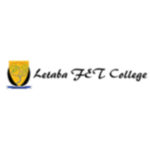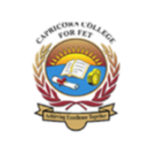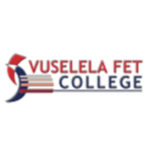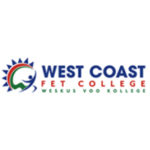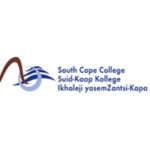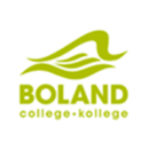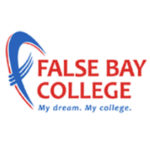Where Technical and Vocational Education and Training fits in the education system.
The South African education system is administered by the Department of Basic Education and the Department of Higher Education and Training. The Department of Basic Education (abbreviated DBE), administers school education from Grade R to Grade 12. The Department of Higher Education and Training (abbreviated DHET) administers Post-School Education and Training.
Post-School Education and Training includes Universities and Private Higher Education Institutions, TVET Colleges and Private Colleges, newly established Community Education and Training (abbreviated CET) Colleges, Sector Education and Training Authorities, regulatory bodies such as the South African Qualifications Authority and Quality Councils.
Technical and Vocational Education and Training (abbreviated TVET) comprises vocational, occupational and Artisan education and training as offered by TVET Colleges.
TVET as post-school education and training
This band of education and training is also referred to as ‘post-school’, meaning that it refers to education and training that takes place after leaving school, even if only with a Grade 9 completed. The only age restriction for a person wishing to study at the TVET level is that the person should be 16 years or older. The target student group is therefore responsible senior adolescents and adults who are serious about following an education and training programme with a view to acquiring marketable skills.
TVET Colleges cater for the widest range of education and training opportunities at post-school level
The range of courses on offer at public TVET Colleges is very diverse. Some colleges may offer up to 300 different courses. The length of the course and the admission criteria will differ depending on the nature of the course.



